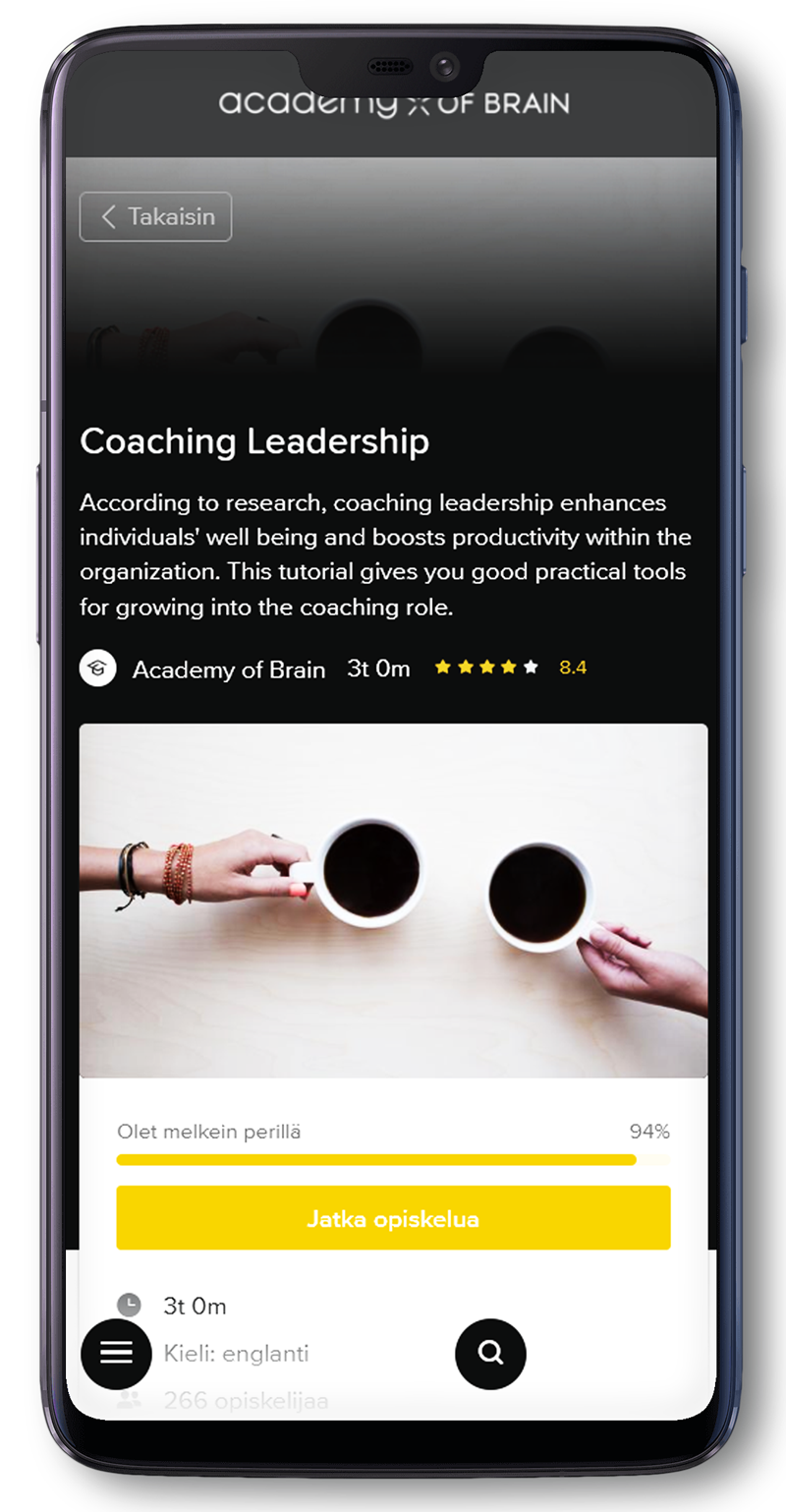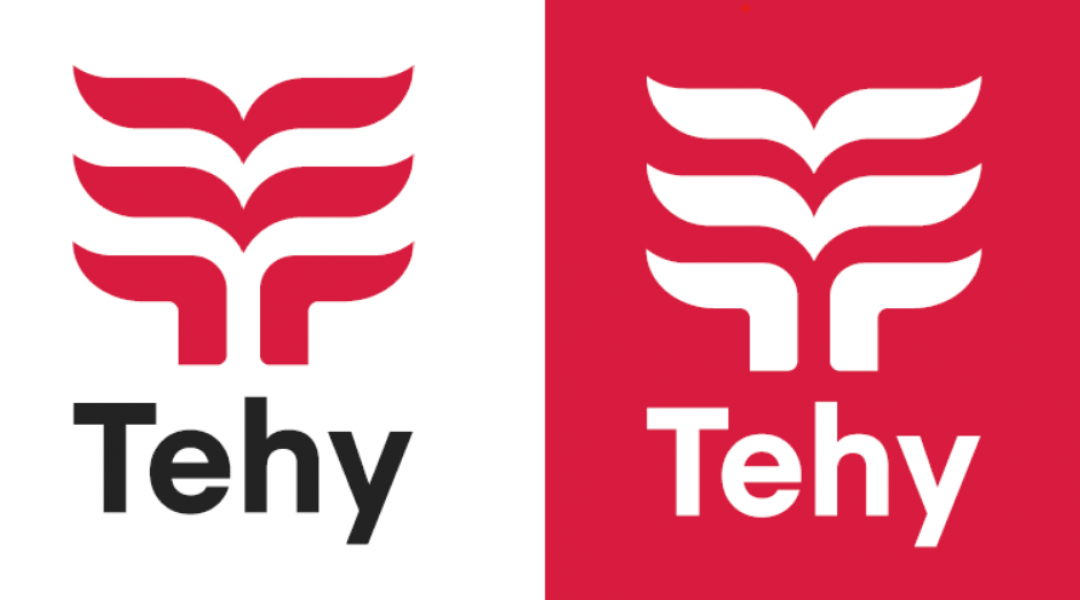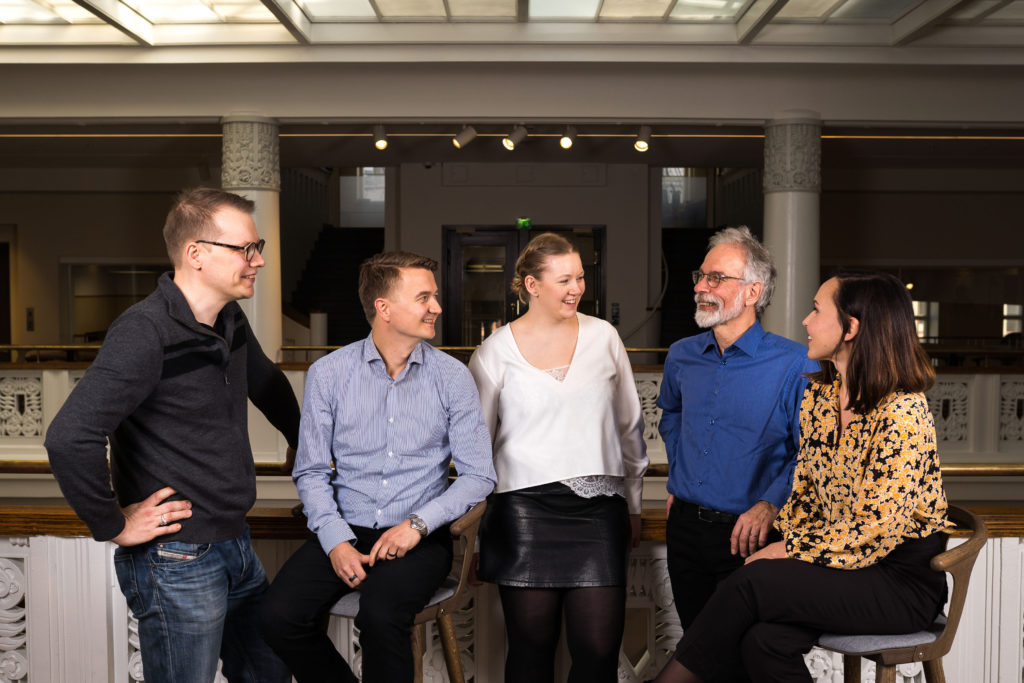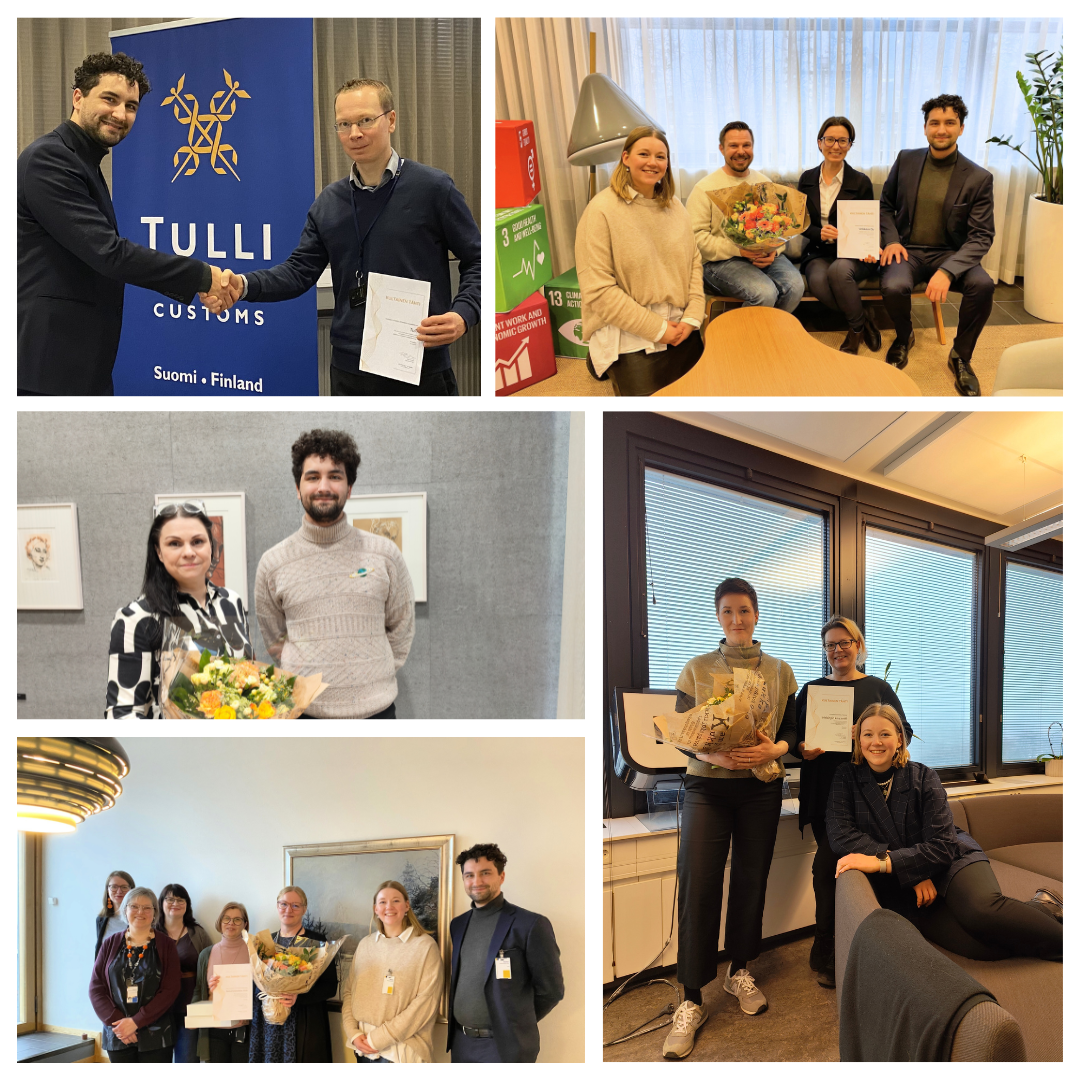- Solutions
-
-
Solutions
Research-based soft skills for working life. The quality of our training solutions is ensured by the Academy of Brain expert group and our Learning Success Management team.
-
-
-
- Customers
-
-
Customers
Explore organization-specific solutions through customer case studies
-
-
-
- Resources
-
-
Resources
Read tips on how to effectively develop leadership, self-management, recovery, communication and collaboration skills, as well as a growth mindset
-
-
-
- About us
-
-
Academy of Brain
Academy of Brain offers high-quality learning content for developing psychological workplace skills.
-
-
-
- Partnerships
- Pricing
































